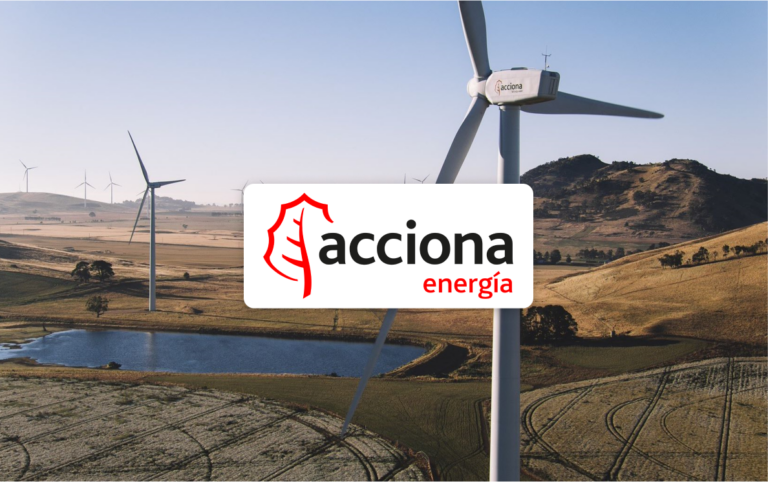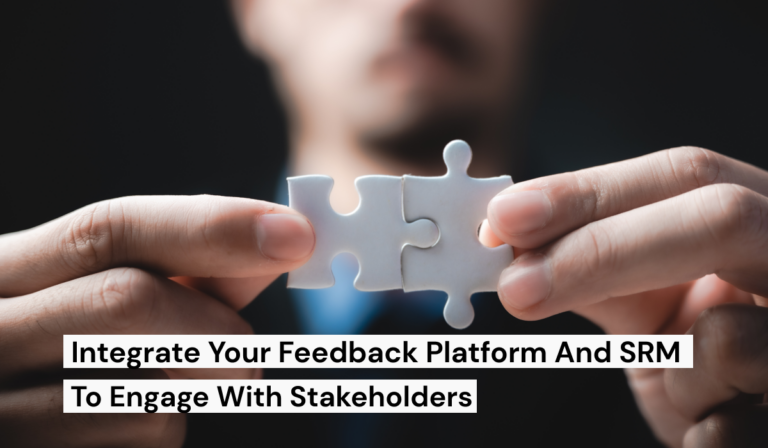As we navigate out of the COVID-19 pandemic and start to define our new normal, we have the opportunity to reinvent work practices taking forward with us the ease and intuitiveness of online models that many industry professionals were forced to embrace in order to keep workplaces, stakeholders and communities safely connected and informed.
At Consultation Manager, we saw engagement and planning professionals rapidly adapt to our modernised world, sharing online resources, utilising stakeholder management tools and gathering insightful data that allowed them to make informed decisions quickly and efficiently in time-critical circumstances.
Recent discussions with Consultation Manager clients revealed that the COVID-19 pandemic highlighted barriers with traditional engagement practices, identifying the need to redesign outdated engagement methods and introduce hybrid participation strategies. Hybrid strategies provide communities with equitable and multidisciplinary engagement methods that enable individuals to voice and address challenges through a suite of adaptive tools that overcome language, cultural and social barriers, allowing wider audience groups within communities to participate and be heard.
It is more than likely that generations to come will discuss pre-COVID-19 and post-COVID-19 eras, but what does that mean for professionals in stakeholder and community engagement? And what shifts should we keep an eye on in this year of transition?
1. Digital is driving productivity
There is no denying how fast we accelerated the use of technology, digitisation, and new forms of working in 2020. In a McKinsey Global Survey, many respondents noted that their companies moved 20 to 25 times faster than they thought possible on building supply-chain redundancies, improving data security, and increasing the use of advanced technologies in operations.
Game-changing technologies have previously taken lengths of time to evolve and implement, yet COVID-19 sped up that transition in areas of productivity, digitisation, and AI. Forced to adopt in order to thrive, the digitalisation of business practices highlighted the responsiveness, engagement and participation that can be achieved through digital practices to keep stakeholders connected and informed from any device, at any time.
2. Remote working is here to stay
The idea of remote working was either frightening or a fantasy before COVID-19. Although more businesses were beginning to adapt and trial working from home policies, the pandemic transitioned tens of millions of people into this new wave of life, essentially overnight.
It is now estimated that more than 20 percent of the global workforce could work the majority of time away from the office without impacting performance. In April 2020, Microsoft CEO, Satya Nadella noted that “we’ve seen two years’ worth of digital transformation in two months.”
Becky Hirst, renowned Author and Global Community Engagement Thought Leader, spoke with Consultation Manager exclusively on the future of hybrid community engagement, and how her clients adapted their community engagement strategies to align with remote working.
4. Stakeholder capitalism bridges communities
Stakeholder capitalism, a bridge between businesses and the communities of which they are involved with, is not new-nor is the idea that business should seek to serve the interests of consumers, suppliers, workers, and society… Yet, COVID-19 highlighted the interconnectedness of business and society, with many company intentions primarily focused on infusing profit with a sense of purpose.
The ability to build trust and “social capital” is about recognising and creating long-term value, rather than just focusing on shareholders. MGI found that those with a long-term view-something that’s a core of stakeholder capitalism-outperformed the rest in earnings, revenue, investment, and job growth.
The need for public input and stakeholder capitalism will always be difficult to balance but creating a safe space for your community by implementing hybrid participation strategies and recognising the value of their input remains crucial.
5. Online engagement meets people where they’re at
Continued isolation has sparked an adventurous interest to seek out new information and try new things. The acceleration of digital participation has spiked globally, as individuals now more than ever want to participate and contribute to post-pandemic recovery plans.
The most effective way to approach stakeholder management is by allowing individuals to participate in a way that they find most accessible and comfortable (physical space, online or a combination of both). Through post-pandemic thinking, community and urban planners are utilising digital tools in silo or traditional settings to support the facilitation of face-to-face engagement and reporting three times the engagement results than previous traditional engagement practices.
6. A new spotlight on sustainability
Environmental and economic sustainability has been thrown into the spotlight as many countries begin to roll out their COVID-19 recovery plans. All over the world, the costs of pollution are increasingly recognised. The pledge to be carbon neutral, invest in greener infrastructure and technology, or focus on clean energy is now at the forefront.
Businesses need to respond to investors’ sustainability concerns and take action to limit their climate risks. BlackRock, a global investment company with around $7 trillion in assets under management, expects the shift to sustainability will “help enhance returns” and that “the tectonic shift towards sustainable investing is accelerating.” There is a case for businesses to focus on green growth opportunities, especially across massive sectors such as energy, mobility, and agriculture.
Foremost, Governments globally are expecting evidence of civic engagement strategies and results that show informed decision making on post-pandemic sustainability projects. Using digital community and stakeholder management tools, you can pull quick and intuitive reporting that shows clusters of themes and hot topics in one click, to easily analyse results.
7. Community trust is crucial
Constant communication with community members is key before, during, and after any and all engagement events. Actively including community members in ongoing engagements and city-building processes are key to understanding what those in the community actually need rather than assuming what they want. Digital platforms such as Consultation Manager and Social Pinpoint, enable you to continuously reach your community with ongoing communications in real-time to keep the community informed and engaged. Through Consultation Manager, you can also leverage and access past project engagement data to understand and forecast issues before they arise, ensuring your project is delivered on time and within budget.
In summary, COVID-19 has fast-tracked digitization in business practices to stay proactive and nimble in an era of change. Staying aware and responsive to new technologies and updates ensures stakeholder management practices align with what the public expects.




